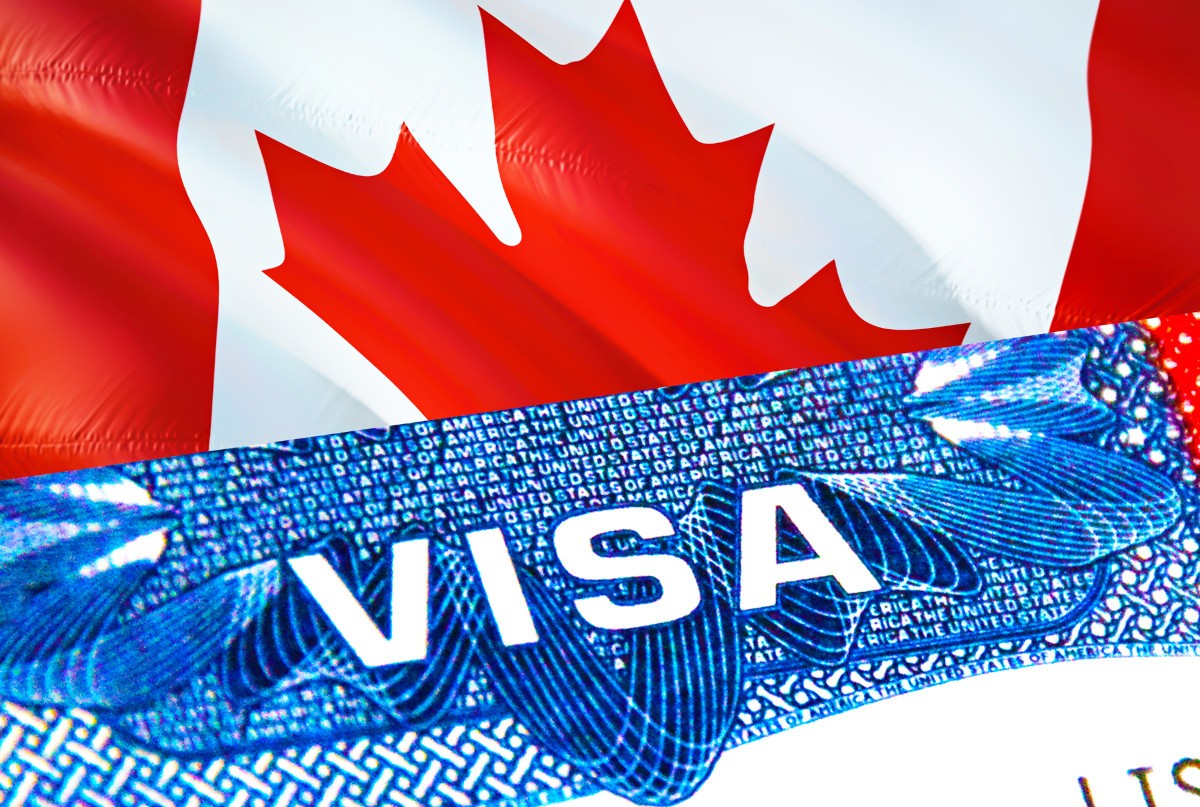Planning a trip to Canada? Here are some things to know. Canada is a country in North America with ten provinces and three territories. Its lands stretch from the Atlantic Ocean to the Arctic Ocean. It is the world’s second-largest country by total area. You must know your visa requirements before traveling to Canada. Its official languages are French, English, and Spanish. There are a number of ways to get a visa to visit Canada.
Travel to Canada
If you are planning a trip to Canada, you should make sure you have adequate health insurance. While health insurance is not mandatory in Canada, it is a good idea to have one to avoid any unexpected costs. You should also consider purchasing travel health insurance or medical evacuation insurance. You should also take along a card identifying your blood type, chronic diseases, serious allergies, and any prescription medicines. Some of the medications you take may not be available in Canada, so make sure you have copies of your prescriptions.
If you are traveling with your children, you will need to make sure you have their vaccinations up to date. Young children under five will not need any vaccination, but those aged five and up will need to show proof of vaccination. In addition, you will need to have their COVID tests done. If they fail to pass these tests, you will not be able to travel to Canada.
While there are a variety of diseases and viruses to be careful of, vaccination is not a foolproof method to avoid contracting them. In addition to vaccines, you should also follow proper hygiene habits to prevent contracting diseases. You should also ensure that you drink clean water, especially in rural or remote areas. Moreover, bug bites may spread diseases, so you should avoid being in wooded areas.
Travel to Canada requires valid identification and a valid visa. The most reliable and universal travel document is the passport. You should check with your Canadian embassy, high commission or consulate before you travel to Canada. You must also have a valid electronic travel authorisation if you plan to travel by air. A travel authorisation is also required if you plan to stay for more than six months.
Besides the eTA, you will need to carry a valid passport. If you do not have a Canadian passport, you may face delays when traveling and may not be allowed to board your flight. It is also important to avoid scam websites that promise to help you apply for an eTA. These websites can be scams and may even charge you for their services.
Quarantine requirements
If you plan on visiting Canada, you’ll need to know about the quarantine requirements. These rules will vary depending on your country of origin. If you’re an unvaccinated child, for example, you must wear a mask in public places for at least 14 days after your arrival. After that, you won’t have to wear a mask, but you should still take appropriate precautions to avoid spreading disease.
There are some exemptions, however. For example, if you’re partially or completely unvaccinated, you can apply for a compassionate exemption. This exemption allows you to be temporarily released from quarantine for certain events, such as visiting patients or residents who need intensive care. It also allows you to attend funerals and celebrations of life.
Quarantine requirements when visiting Canada will also vary depending on whether you’re a child. Children who aren’t fully vaccinated must wear a mask in public places, including daycares and schools. Whether you’re travelling alone or with a family, make sure you understand the requirements. You should check with your travel agency to make sure they have the necessary documentation.
Some people who have a business or personal reason for visiting Canada can apply for an exemption. For example, if you’re a technician working in critical infrastructure, you may qualify for an exemption. These people are not subject to the 14-day self-quarantine requirement, but they do need to prove an urgent need for the services that they provide. You’ll need to explain why you’re not able to wait until the self-quarantine period has ended.
If you’re a passenger in a secured transit area, you may be exempt from quarantine requirements. However, you’ll still need to complete the connection within 24 hours, and you’ll need to follow all other airport and flight requirements. In order to complete the quarantine process, you’ll need to have a valid medical certificate and wear a face mask.
If you’re a foreign national, make sure to comply with all the requirements before you travel to Canada. For instance, you must submit COVID-19 information to ArriveCAN on ArriveCAN.
Medical exam required to apply for a visa
For visitors planning to stay for more than six months in Canada, a medical exam is required. The purpose of this examination is to make sure that the applicant is medically suitable for living in Canada. Some medical conditions can make a person ineligible for permanent residency, while others may pose a health risk to Canadian residents.
The exam must be completed by an authorized physician. Applicants must schedule an appointment with a physician at least three weeks before the visa interview. They should have their immunization records of past illnesses and surgeries, as well as a list of medications. Female applicants must also have a pelvic examination and pap smear within the last 12 months.
Applicants from certain countries must undergo a medical exam before applying for a work permit or studying in Canada. These applicants must visit a Panel Physician or a designated medical practitioner. The exam is usually completed in advance, but some programs require it after the application has been submitted. IRCC will notify applicants when the exam is due.
Depending on the type of visa you are applying for and the duration of your stay, a medical examination may be required. Those staying for less than six months do not need a chest x-ray, while those staying for six months or longer need to undergo one. A chest x-ray is also required for people from countries where diseases are a threat.
Before scheduling your appointment, you should complete Form I-693. Be sure not to open the sealed envelope unless the civil surgeon instructs you to do so. Otherwise, you’ll have to pay for a new medical exam. Lastly, you should bring your appointment letter from the NVC. The doctors will examine your application and verify that you have met all the requirements for a green card.
After you have completed the medical examination, you will need to submit the results to Citizenship and Immigration Canada. The doctors who will be performing the exam must be authorized by the Canadian government. You cannot visit your family doctor for this medical examination. Instead, you should find a doctor who is a Designated Medical Practitioner near you. You can find a list of these doctors on the Citizenship and Immigration Canada website or through the Canadian embassy in your home country.
Getting a visa
If you’re looking for information on getting a visa for visiting Canada, there are several resources available to you. There are many different types of visas, and many different reasons why people might need one. Regardless of your reason for visiting Canada, there are ways to expedite the process.
In order to visit Canada, you must have a valid passport. The government of Canada maintains a list of visa requirements and the forms you need to complete. You can find a complete list of required documents on their website. The Government of Canada also has a comprehensive list of countries that do not need a visa to enter Canada. Applicants from these countries must have a valid passport and must obtain an Electronic Travel Authorization (eTA) before travelling.
The first step in the process is to find out whether you need a multi-entry or single-entry visitor visa. A multi-entry visa allows you to visit Canada several times. It also permits you to stay in Canada for up to six months. While both types of visas offer the same benefits, there are some differences. A single-entry visa allows you to visit the country only once, while a multiple-entry visa allows you to enter and exit the country as many times as you want while it’s valid.
If you’re looking for a visa for visiting canada, you need to apply for one. There are several types of visas, and each type is issued by a different country. You can get a single-entry visa for travel to Canada only, or a multiple-entry visa for travel to Canada and your home country. Either way, your visa remains valid for the dates it was issued. To apply for a visa to Canada, you need to apply in your country, and you can do so online. Make sure you allow sufficient time for the processing of your application.
Most visitors to Canada require a visitor visa, or temporary resident visa, and it is a legal document that shows that you meet entry requirements for the country. If you’re planning to travel to Canada for an extended period of time, you may need a temporary resident visa or a visitor visa for transit purposes. Either type of visa can be applied for online or on paper. The visitor visa is usually valid for up to six months.

